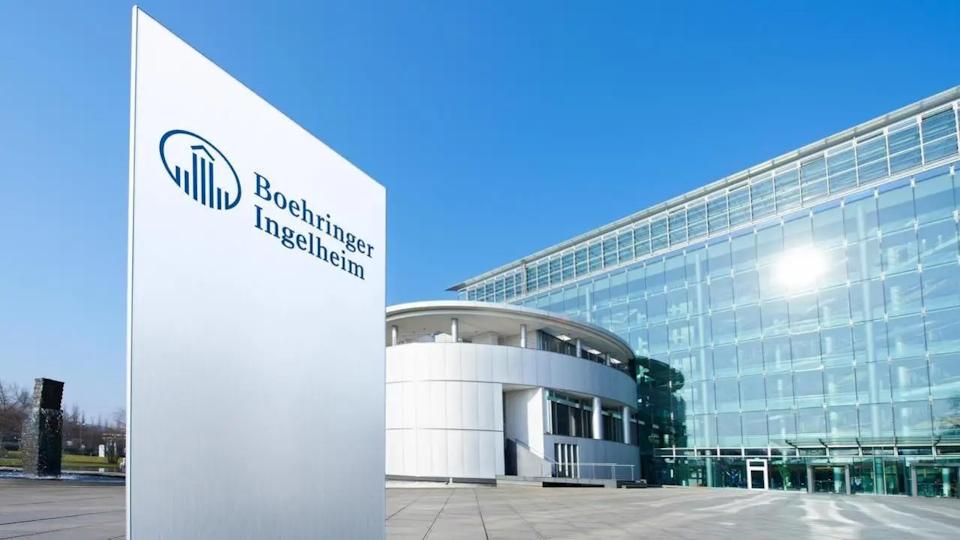Boehringer eyes third quarter FDA verdict for oral HER2 drug

The FDA has started a priority review of Boehringer Ingelheim's small-molecule HER2 inhibitor zongertinib as a treatment for a form of lung cancer, setting up a decision later this year and giving it a lead over a rival programme at Bayer.
Zongertinib is being reviewed for the treatment of adults with unresectable or metastatic non-small cell lung cancer (NSCLC) whose tumours have HER2 mutations and who have received prior systemic therapy. If approved, it could be the first oral, targeted therapy for this type of cancer in the US, according to Boehringer.
The application is based on data from the phase 1b Beamion LUNG-1 study, reported at the World Conference on Lung Cancer (WCLC) last September, which demonstrated an objective response rate (ORR) of 71% with the drug.
Boehringer is in a close race with Bayer to bring an oral HER2 drug to market for this indication in the US, and its rival also reported positive results with its BAY 2927088 candidate at last year's WCLC, including a similar ORR in the phase 1/2 SOHO-1 study.
Both companies have phase 3 trials on the go in first-line populations that would be used to extend their use and confirm the drugs' efficacy if they get accelerated approval from the FDA. Bayer – which began its pivotal SOHO-2 study around six months later than Boehringer's Beamion LUNG-2 trial – has not yet confirmed a filing for BAY 2927088 in any world market.
"We believe zongertinib has the potential to transform the care of previously treated patients with HER2-mutant advanced NSCLC and are hopeful about the continued research in other tumour types and lines of therapy," said Shashank Deshpande, head of human pharma at Boehringer.
He added that the priority review "illustrates the urgent need in this patient population and the possibility for zongertinib to be a groundbreaking innovation for patients with limited treatment options." The drug has previously been awarded breakthrough and fast-track designations from the FDA.
AstraZeneca and Daiichi Sankyo's HER2-directed antibody-drug conjugate Enhertu (trastuzumab deruxtecan) already has accelerated approval as a second-line treatment for HER2-mutated NSCLC and is dosed as an intravenous infusion every three weeks.
At the moment, there is only one oral anti-HER2 drug on the market, Pfizer's Tukysa (tucatinib), although, that is only approved for HER2-positive breast and colorectal cancers. Another oral HER2 agent – Spectrum Pharma's poziotinib – was rejected by the FDA as a second-line treatment for NSCLC with HER2 exon 20 insertions – the most common mutation – in 2022.
Boehringer estimates that HER2 mutations are seen in approximately 2% to 4% of NSCLC cases and are associated with a poor prognosis and higher incidence of brain metastases.












